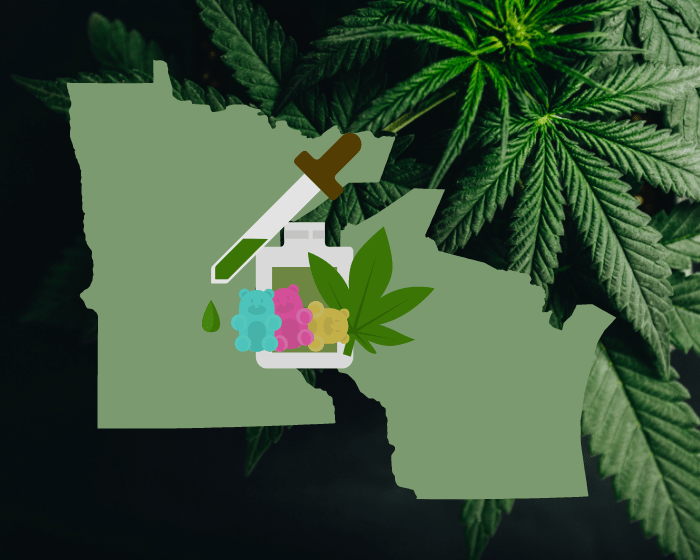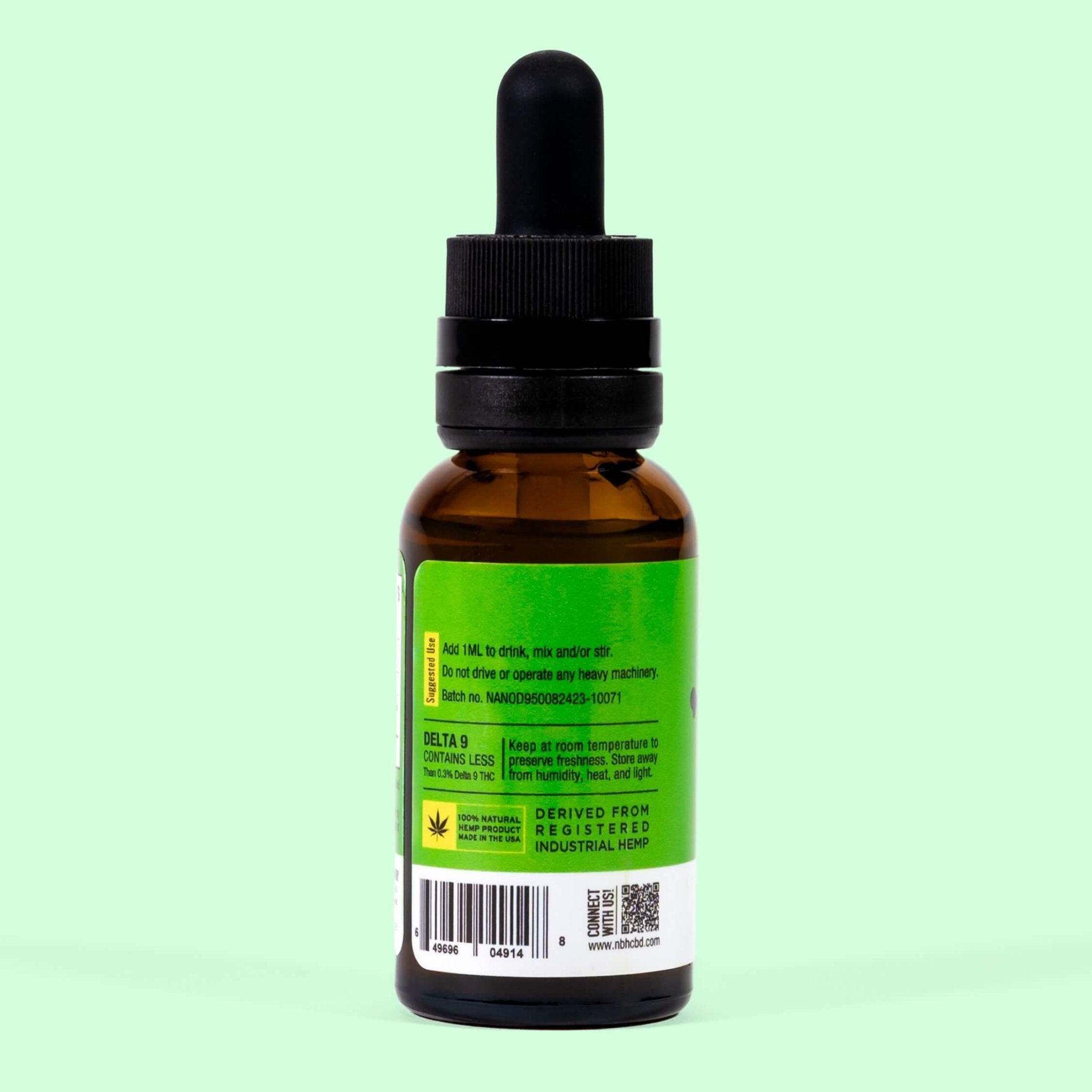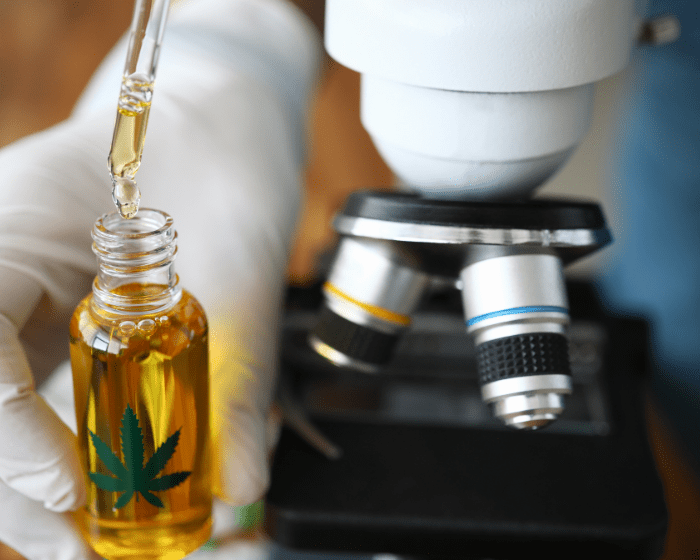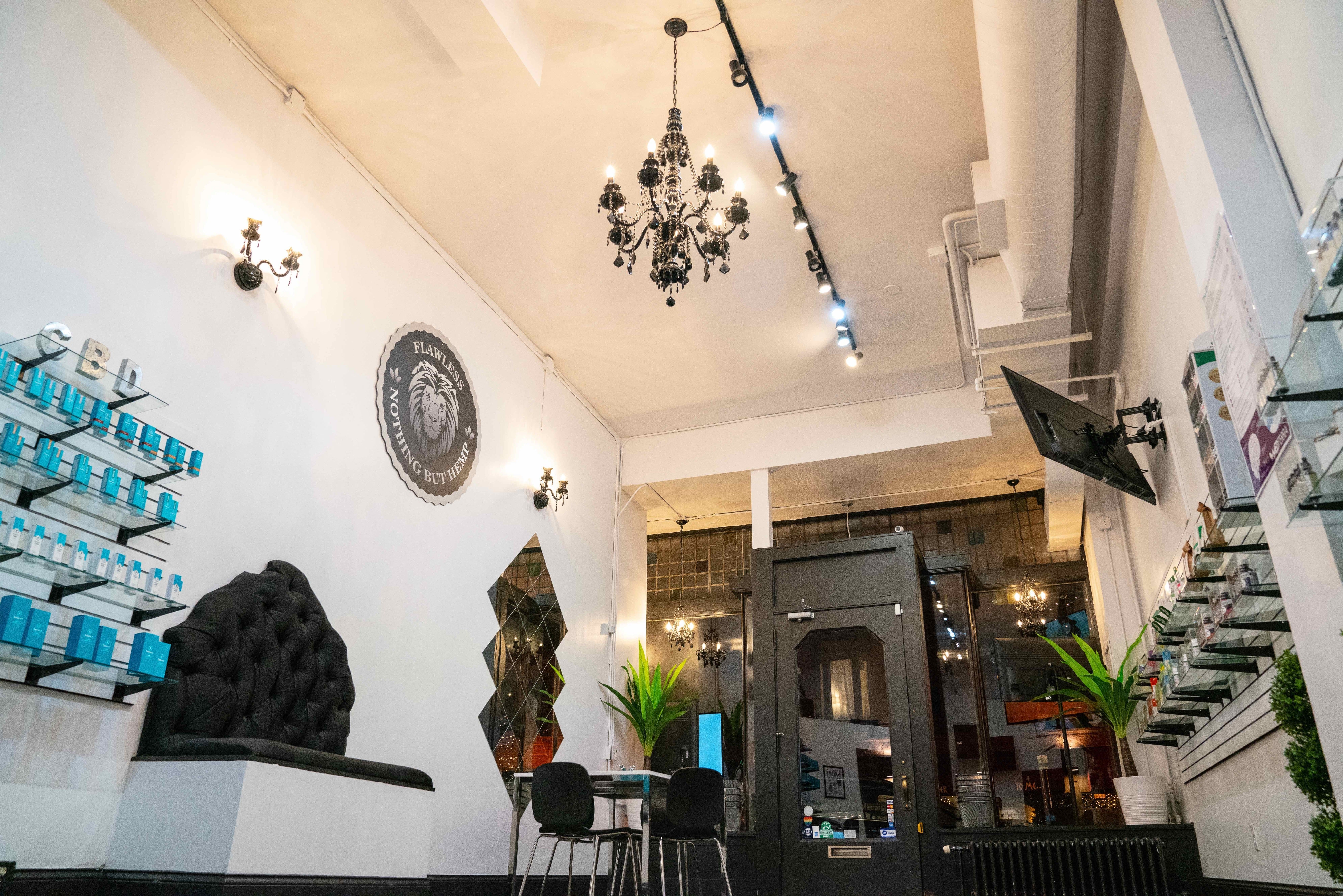
Two small cities, one in Wisconsin and the other in Minnesota, are taking action at the local level to limit sales of delta-8 and CBD, respectively. However, statements from both cities said the new limitations didn’t reflect officials’ overall stance on cannabis.
Rhinelander, Wis., Makes Delta-8 THC Illegal
City officials in Rhinelander, Wis., passed an ordinance October 25 making all THC products, including delta-8 and delta-10, illegal, reported area news station WAOW.
City officials said the ordinance was driven by local law enforcement.
“[T]hey were asking for an ordinance that defines an ability to test products that they're suspicious of and issue non-criminal response to it,” said council member David Holt, quoted on WAOW.
Delta-8 and delta-10 are currently sold throughout Wisconsin (and many other states) as hemp-derived products containing less than 0.3 percent delta-9 THC. Delta-9 is the dominant psychoactive component in cannabis, and its concentration determines whether a plant is legally defined as hemp or marijuana. As the names delta-8 and delta-10 suggest, these variants are chemically similar to delta-9 THC and alter the user’s state of consciousness.
“While many support the future legalization of marijuana in Wisconsin, please keep in mind that the sale of legal marijuana is heavily regulated, and as such the unregulated sale of marijuana derivatives should not be allowed ...”
— Rhinelander Police Department
“Delta 8 THC products created a legal loophole providing a less potent marijuana-like substance to it's users,” the Rhinelander Police Department wrote on its Facebook page November 9. “City owned businesses have been advised to immediately stop the sale of these products and to remove them from the shelves as soon as practical.”
The police department was careful to note that the stance was not an extension of its overall view on cannabis.
“While many support the future legalization of marijuana in Wisconsin,” the post continued, “please keep in mind that the sale of legal marijuana is heavily regulated, and as such the unregulated sale of marijuana derivatives should not be allowed in those states currently prohibiting marijuana.”
Stillwater, Minn., Initiates Yearlong Ban on New CBD Shops
The city of Stillwater, Minn., is in the process of setting a one-year moratorium on new CBD shops. The proposal would also stop existing CBD shops from selling recreational marijuana if it becomes legal in the state.
Minnesota legalized medical marijuana in 2014 and expressly legalized CBD in 2020. Recreational use seems certain eventually, but there's no saying when it might happen. The Minnesota house passed a bill legalizing recreational cannabis in early 2021, but that bill never reached the senate floor. And some believe the current Republican-controlled senate wouldn’t pass the bill.
But Stillwater is taking precautions, reported Matt DeBow, managing editor of the Stillwater Gazette.
“The city attorney [November 9] came to the council with a preventative measure in case new CBD stores would open and then transfer into medical marijuana shops, as kind of a preventative measure,” DeBow told Minnesota Public Radio news host Cathy Wurzer. “The yearlong ban, the moratorium, is to prevent that from happening and try to give them some time to work out what the details of the ordinances are going to be.”
As in Rhinelander, city officials were careful to note that the measure didn’t represent a broad stance on cannabis.
“The mayor did tell me that they didn’t want this to be taken as a stance on marijuana,” DeBow told Wurzer, “but more as a measure to give them time to figure out what they’re going to do.”
“The mayor did tell me that they didn’t want this to be taken as a stance on marijuana, but more as a measure to give them time to figure out what they’re going to do.”
— Matt DeBow, managing editor of the Stillwater Gazette, as quoted on Minnesota Public Radio
The council will have to vote on the moratorium again before it’s official, but it seems to have the full council’s backing based on a first reading. The council will make its final decision November 16, DeBow reported for the Gazette.
There are two existing CBD shops in Stillwater. Per DeBow, they can continue operations but “would not be allowed to expand into recreational marijuana if that were to pass in the state legislature.”
Stillwater Case Points to Inconsistencies in Minnesota
Writing about the issue for Racket, a news and culture site run by former editors of the now-defunct City Pages, Em Cassel reported that Minnesota’s controlled substances act doesn’t reflect changes legalizing hemp-derived THC. This allowed a ruling by the Court of Appeals to uphold a THC conviction without determining whether the THC in vaporizer cartridges was derived from hemp.
“I think the state needs to really dial in the regulations first, and then from there, there can be individual city ordinances.”
— Steven Brown, founder and CEO of Nothing But Hemp
“Legal experts wonder if an eventual ruling from a higher court on that case could put the sale of hemp flower extracts—including CBD oil—at risk,” Cassel wrote.
“To me, I find that to be concerning,” Brown told Cassel. “I think the state needs to really dial in the regulations first, and then from there, there can be individual city ordinances.”
Are Local Bans Effective?
Local bans will certainly impact retailers within their city limits. However, the bans will likely have little impact on consumers, who can acquire many hemp-derived products by delivery.
As Brown told Cassel, his CBD shops regularly make deliveries to Stillwater.
“What’s stopping any online retailer from shipping to someone in Stillwater?” he asked.
“The answer,” wrote Cassel, “is nothing—yet.”








































